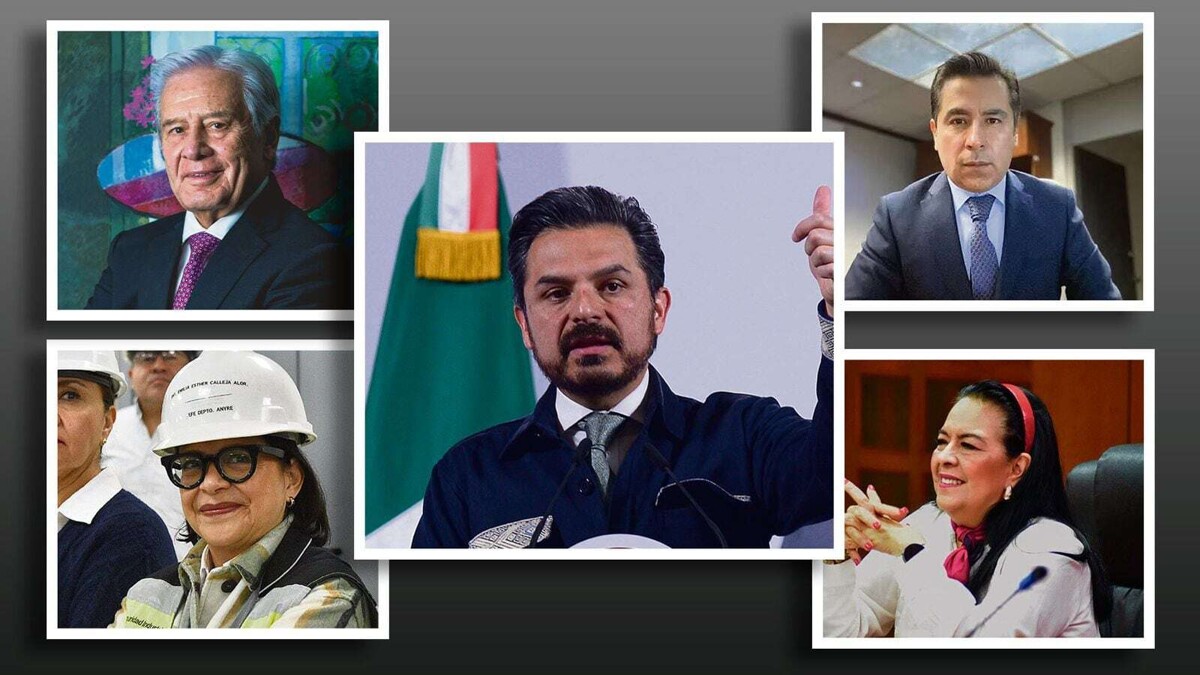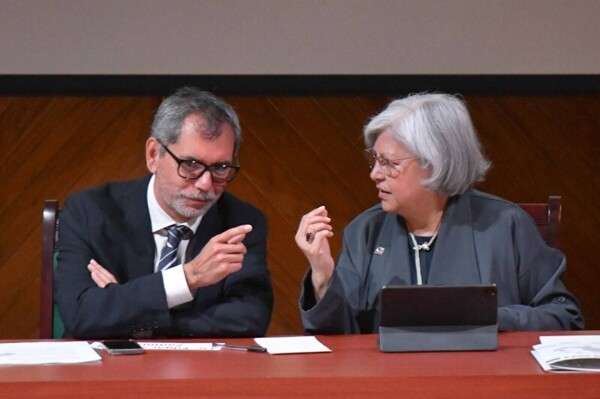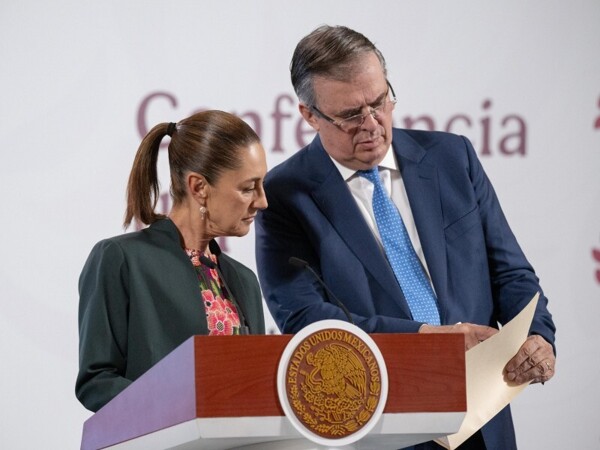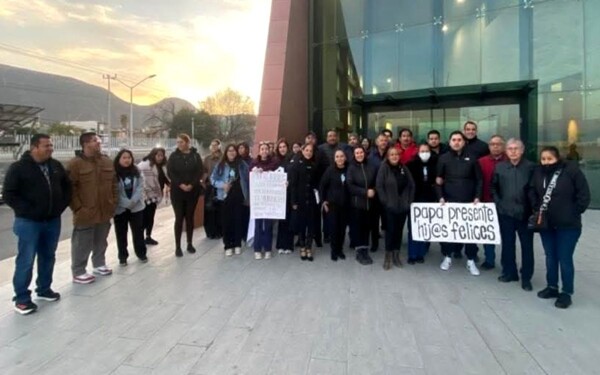
At the Mexican Social Security Institute (IMSS), a complaint arises against the coordinator of Supply and Equipment in the Quintana Roo Delegation, who allegedly threatens her staff with layoffs if they do not follow her orders. Additionally, a tense work environment is reported with accusations of workplace harassment when the mentioned coordinator held the position.
In another case, the head of the DIF, Rocío García, is criticized for her arrogant attitude and lack of empathy. She is accused of belittling her collaborators and acting authoritarian under the premise of being the president of her supporters, excluding other Mexicans. Despite the promotion of gender equality in current times, García's actions are far from reflecting this value.
On the other hand, the director of the Federal Electricity Commission (CFE), Emilia Calleja, has been accused of alleged acts of corruption and favoritism towards people with harassment complaints. Calleja’s alleged complicity with her subordinate, who faces similar accusations, raises questions about her management in the public company.
Additionally, unjustified dismissals are reported in the DIF, under Rocío García’s direction, affecting workers with difficult personal circumstances such as illnesses or years of impeccable service. These cases illustrate a pattern of alleged workplace violence exerted by women in positions of power.
The complaints go beyond these specific situations, pointing to a lack of action by higher authorities for not adequately addressing cases of harassment and workplace abuse in government institutions. There is an urgency to address these issues and promote safe and respectful work environments for all workers.














